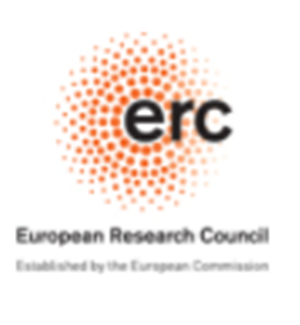- Gruppe für Angepasste Technologie an der Technischen Universität Wien - Austria,
- Iboma Lopik BV - Netherlands,
- Ikusto GmbH Kunststoffwerk - Germany,
- Interuniversitäres Forschungsinstitut für Agrarbiotechnologie Tulln - Austria,
- Johann Fuchs & Sohn GesmbH - Austria,
- Konrad Fischer GesmbH - Austria,
- Klompenfabriek Nijhuis BV - Netherlands,
- PE Design & Engineering B.V - Netherlands
This proposal is prepared with the help of an Exploratory Award which included a Research Feasibility Study. The project is aimed at the utilisation of a new material that allows to manufacture Products without shape restriction out of a renewable and biodegradable raw material, processing full automatically with conventional injection moulding machines. Fasal, a biodegradable composite which consists of 60% wood chips, 30% grinded corn, 10 % natural resin and additives has potency to - break the market for biodegradable products with added value. - be a serious alternative for some wooden products in respect to production (energy and waste) and use of free forms. - convert the production waste of wooden products (from toys to timber) into a valuable raw material Although non complicated sample products have been successfully produced as shown in the research feasibility study, more research is needed to - adapt product and mould design to the known properties of Fasal - adapt Fasal to better mechanical properties (e.g. flexibility) - adapt Fasal products with means to improve the water resistance The major risk lies in the uncertainty of the material behaviour of the final products under user conditions. This can be caught up by an appropriate choice of application fields that utilise the new biodegradable thermoplastic material within its basic characteristics, taking advantage of the positive properties and considering the restrictions of the material. This will be the task of the Design Handbook. Starting points for the project are the existing material prototypes for Fasal (F 134, F197) and the knowledge about variability of properties, processing and experience in mould adaptation and sample production. Proceeding on the promising results of the feasibility study further material developments will be made to meet the requirements of the products envisaged in the application lines durable products with and without coating and perishable products. The benefits of the research are: - Possibility of using renewables for products usually made of plastics - using biomass that is available in high amounts transferring agricultural wastes into valuable raw materials - Reduction of waste and save of non renewable resources - Reduction in price for biodegradable injection moulded parts - Rising the need for Fasal, to the "critical mass" that allows granule production in an economical scale - Increasing awareness of this environmentally friendly alternative and reduction of development time for new products with the help of the design handbook. The suitability of injection moulded products for being manufactured with Fasal is determined by the requirements of mechanical properties and the period of useful life (longevity). Material properties of Fasal do not allow a general substitution of plastic, but for many purposes the mechanical properties of conventional polymers exceed the requirements and longevity is unwanted and causes disposal problems. In this fields a substitution is aimed. Applications outside the plastic area are e.g. wooden parts with complicated geometry. Exploitation of the research results by the SME proposers is planned in the following three main application lines: - non durable products with specific use and need to compost or vanish when in contact with water - durable products with the properties or appearance of wood used under dry conditions - durable products with and added surface protection used under humid conditions
Want to analyze based on this project via our analysis tool? Analyze this project
Knowledge Gaps
Commercial-related uncertainties
Environmental effects and ecotoxicity
Environmental fate and behavior of plastic
Degradation
Characterization test methods


